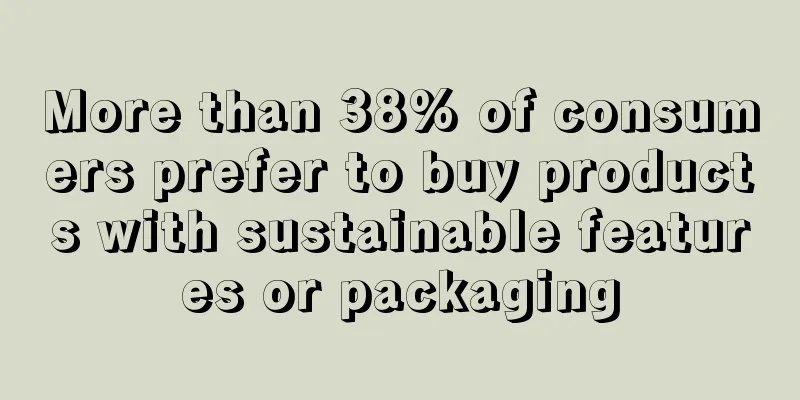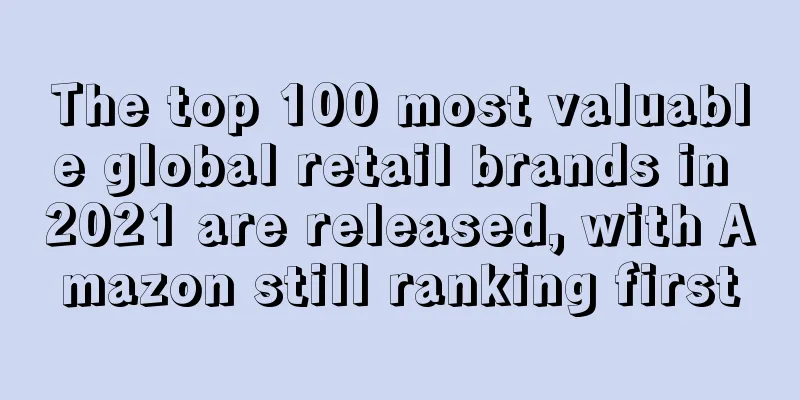More than 38% of consumers prefer to buy products with sustainable features or packaging

|
Research agency BOXpoll found that more than a third of consumers (38%) would be more likely to buy products with sustainable features or packaging. Of consumers who are more likely to purchase environmentally friendly products and packaging, 10% actively seek out such products, while 28% prefer to purchase products based on environmental attributes, such as sustainable materials , sustainable packaging or a portion of proceeds going to an environmental cause .
A wide range of demographics, including younger consumers ( Gen Z and Millennials), affluent consumers with household incomes over $100,000, as well as parents and those living in urban environments, are the most sustainable shoppers. Nearly half (47-48%) of these groups identify as sustainability -conscious shoppers.
Despite the sustainable habits of the young , the wealthy , parents and urban dwellers, sustainability is not yet a factor in the purchasing decisions of the majority of consumers (59% on average), either because they do not notice sustainable features or because sustainability has no impact on their shopping behavior.
One potential downside could be cost. According to BOXpoll, 67% of consumers believe that a box with sustainable packaging costs more than a conventional box, despite the same contents. Consumers believe that sustainable packaging is worth an average of $5.70 more than conventional packaging.
Gregg Zegras, executive vice president and president of global eCommerce at Pitney Bowes, said : “Consumers are increasingly demanding that retailers offer more environmentally friendly options. This is evident not only in our latest BOXpoll findings, but also in brands’ rapid action to show progress in sustainable manufacturing and distribution. E-commerce represents a greater choice for consumers , and with more of their shopping happening online, consumers are using that power to support brands that care about sustainability. ” Consumer preferences Sustainable Online Shopping |
<<: South Korea's e-commerce market to reach $325 billion by 2025
>>: A 32% increase! Dutch consumers spend 2.6 billion euros on online stores in 2020
Recommend
Why do small and medium-sized sellers work harder than others but still fail to achieve big success?
(This article is contributed by "Cross-borde...
What is Beebos? Beebos Review, Features
Bibosi (Guangzhou Bibosi Information Technology Co...
What is Collective Health? Collective Health Review, Features
Collective Health is an American corporate servic...
Amazon's detail page changed drastically, and Black Friday orders were cold
The Black Friday that Amazon sellers have been lo...
Amazon advises buyers to only refund, and sellers can't hold back
For many cross-border sellers, returns are a majo...
What is Zorpia? Zorpia Review, Features
Zorbia is a cross-border e-commerce communication ...
Active users have reached 8.1 million! Latin American e-commerce Dafiti continues to expand into four major markets
Dafiti has been established for 10 years and has ...
What is Tico Roasters? Tico Roasters Review, Features
Tico Roasters is a coffee maker and tea website th...
TikTok Insights: Parents are becoming more active on the platform
Since its launch, TikTok has attracted a large nu...
The top 100 sellers on Amazon.com are out! China accounts for 18 of them, and Anker ranks in the top three
Marketplace Pulse has updated the list of Amazon&...
Anker also involved! Starting a business with 300,000 yuan, a Shenzhen seller spent 6 years to become a billion-level winner
For a long time, 3D printing has set off a huge t...
Warby Parker, a US DTC brand, has reached a turning point in its development
Warby Parker, a well-known DTC brand in the Unite...
Amazon aggregators are laying off employees, what is the future of brand acquisitions?
As a cross-border person, when talking about the ...
North America’s four major online consumption habits: 83% of people pay more attention to health
The latest report from food and health discovery ...
What is Intelligent Reach? Intelligent Reach Review, Features
Intelligent Reach helps leading brands, retailers ...









